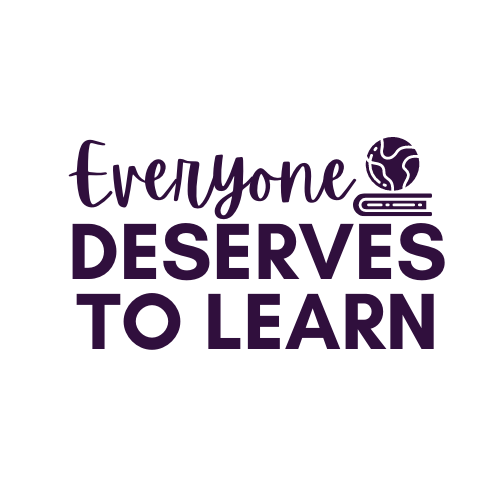Using Hand Signals in the Classroom
Did you get that?
Do you understand?
Easy peasy, right?
Raise your hand if you've ever said that to your students. {Raising hand wildly over here!} I'm also guilty of calling on the same 3 kids over and over again. It's so hard to change, especially when you've been saying the same things for years! I have been trying a few different ways to break those bad habits, and I hope some of them can work for you!
Enter the Marzano Scale. I started using this on the first day of school this year, and am so glad I did.
After I've conducted direct instruction and before we move on to independent practice, I stop and say, "Show me how you understand." Sometimes I'll use it as a quick pre-assessment as well. My students will then raise anywhere from 1 to 4 (sometimes we get silly and raise 10) fingers to show their understanding. From there, I can assign partners or groups based on what I've seen. This strategy has worked out well for both my high and low proficient students; the physical response lessens any speaking anxiety they have.
The next strategy works really well for my low proficient ELL's, and would work for any student who is on the shy side.
When I ask a question to the whole group, I wait to see my student give me a thumbs up on the table before calling on him.
Earth shattering? No. Easy? Not always, especially when we are holding a group discussion. Effective? Absolutely! Waiting for that thumbs up avoids unnecessary speaking anxiety for my student, and saves the rest of the class from a overly long wait time. It's not a very visible signal, and it's just between the two of us. He can lay his fist on the table with his thumb to the side, or he can hold his thumb up (like in the game Seven-Up).
None of my students have asked about it , but if they did, I would simply tell them that's how I know their friend is ready to answer.
I use lots of hand signals on my part as well. They help a lot when I have very new newcomers at school who are unfamiliar with classroom rules or spoken directions.
Finger to ear- listen
Finger from mouth - speak/tell me
Brush two fingers on one hand against two fingers on the other - Stop/Don't do that
Hand from chest in a circle- everyone
Do you use any hand signals in your classroom? Share in the comments!



